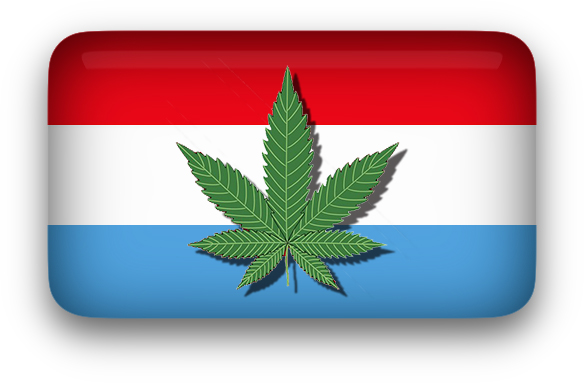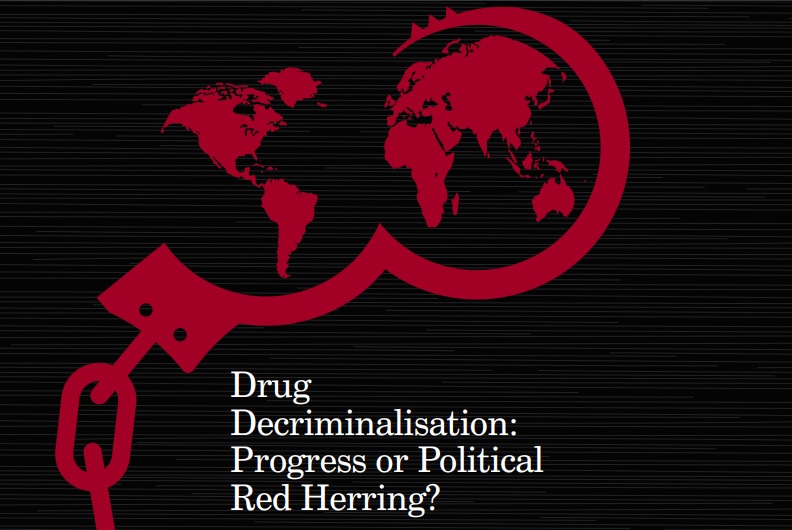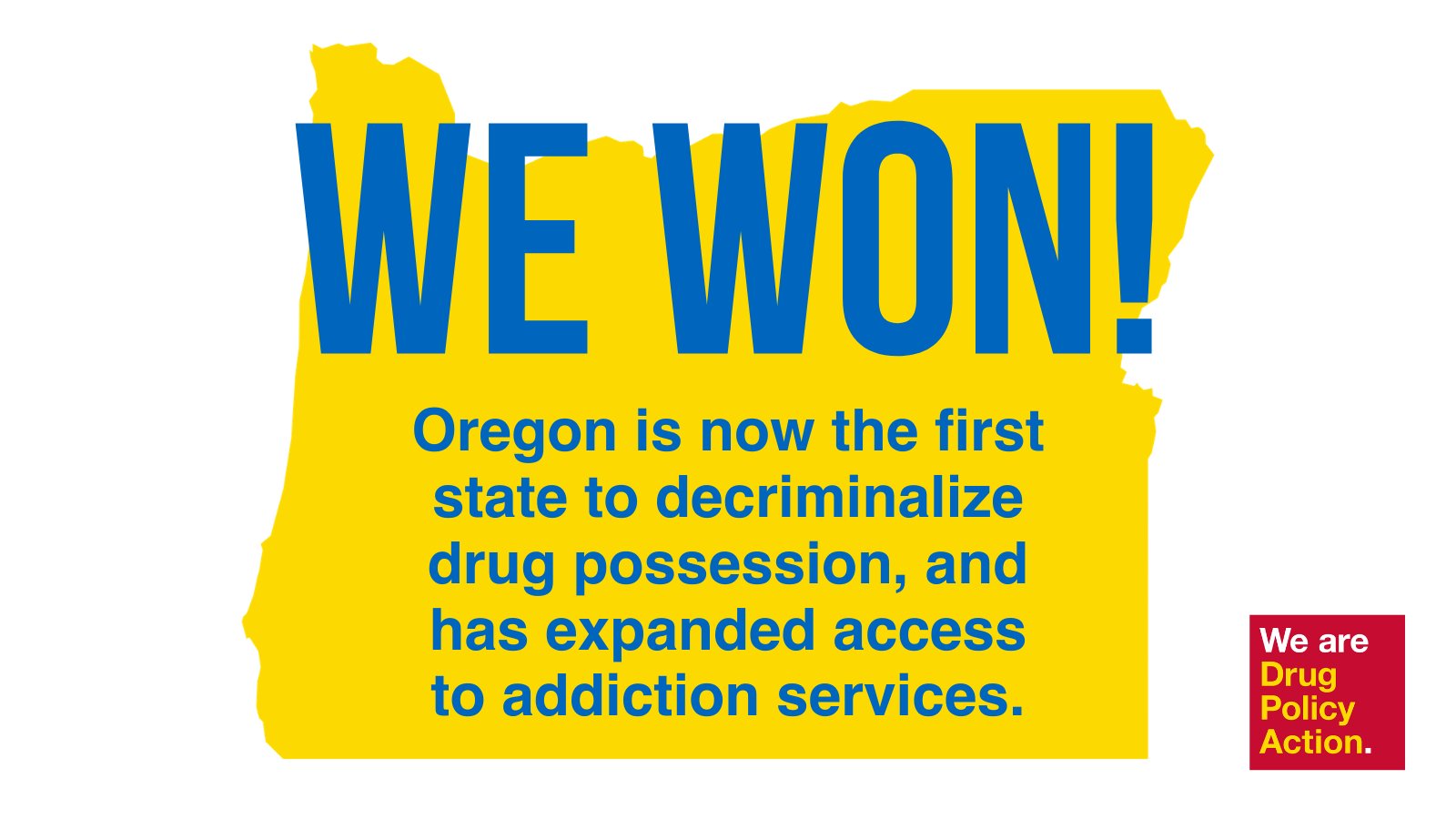DPNSEE President Nebojša Đurasović and Executive Director Milutin Milošević participated in the meeting of the National Commission for Fighting HIV/AIDS and Tubercolosis in Serbia (also performing the role of the national Country Coordination Mechanism for the Global Fund support). The meeting was held from 16 to 18 July in Banja Koviljača.
On our proposal, the Commission decided to invest part of the savings from the 2023 implementation of the Global Fund supported project “Support to the activities of citizens’ associations in the field of prevention and control of HIV infection” in the campaign for decriminalisation of drug use and possession for personal use.
DPNSEE have already presented the initiative for the decriminalisation of the use and possession of drugs for personal use on two occasions at Commission meetings. In addition, the Drug Policy Network South East Europe officially submitted the initiative to the Ministry of Justice and presented it at the meeting of the Working Group for Amending the Criminal Code and the Working Group on Amending the Law for the Criminal Procedure Code with the Working Groups on Chapters 23 and 24 of the National Convention on the European Union held on 21 December 2023. The initiative was supported at this meeting. Modalities for accepting the initiative and the draft that will be submitted to the National Assembly for adoption (as well as other initiatives to amend these two important laws) will be discussed at thematic discussions; the topic of one of the first discussions planned will be our decriminalisation initiative.
Advocacy is supposed to include:
- Collection and analysis of the decriminalisation models and the results they have achieved in countries that have decided to take this step
- A study visit of 5 representatives of civil society institutions and organizations to Portugal or Switzerland
- An expert meeting where the arguments for and against and the modalities of decriminalisation that would suit our conditions would be analyzed. People who use drugs, drug addicts, and those in recovery, as well as civil society organizations will participate in this meeting. Representatives of countries that have already decriminalized drug possession and use, primarily Slovenia and Croatia, will present their experiences. A proposal to amend Article 149 and remove Article 250 from the Criminal Code, which specifically stigmatizes and discriminates against people living with HIV, would also be presented at the meeting, as well as the initiation of amendments to the Law on Public Order and Peace, which criminalizes sex work.
- Agreeing on the final proposal to amend the Criminal Code
- Organization of thematic workshops on the topic of discrimination and decriminalization of people who use drugs, people living with HIV and sex workers





![Drug Decriminalisation [e]Course](https://dpnsee.org/wp-content/uploads/2021/12/eCourse.jpg)





 To read the report, please
To read the report, please 
 INPUD is excited to present Drug Decriminalisation: Progress or Political Red Herring? This report, like our previous report on Portugal, is intended to open up the debate on decriminalisation and make clear the expectations people who use drugs have for future action on drug policy reform. Most importantly, it includes a call for full decriminalisation without sanctions as the new baseline for measuring progress on decriminalisation in the future.
INPUD is excited to present Drug Decriminalisation: Progress or Political Red Herring? This report, like our previous report on Portugal, is intended to open up the debate on decriminalisation and make clear the expectations people who use drugs have for future action on drug policy reform. Most importantly, it includes a call for full decriminalisation without sanctions as the new baseline for measuring progress on decriminalisation in the future. To read the report, please
To read the report, please 
 In the second part of January, the Icelandic government has proposed the decriminalisation of drugs for personal use by adults and launched a consultation exercise to gauge public opinion on the matter. The public consultation is open until 31 January.
In the second part of January, the Icelandic government has proposed the decriminalisation of drugs for personal use by adults and launched a consultation exercise to gauge public opinion on the matter. The public consultation is open until 31 January. Prime Minister on Malta Robert Abela, on 18 February when speaking to journalists, announced that cannabis users should not go to jail and will be able to grow a limited amount of plants as he fleshes out some aspects of government’s proposed reform. Abela said Cabinet will shortly be discussing a White Paper that will be published for public consultation. The reform is being piloted by Reforms Parliamentary Secretary Rosianne Cutajar.
Prime Minister on Malta Robert Abela, on 18 February when speaking to journalists, announced that cannabis users should not go to jail and will be able to grow a limited amount of plants as he fleshes out some aspects of government’s proposed reform. Abela said Cabinet will shortly be discussing a White Paper that will be published for public consultation. The reform is being piloted by Reforms Parliamentary Secretary Rosianne Cutajar. Norway plans to decriminalize the personal use of illegal drugs in small quantities, citing recommendations from the United Nations and the World Health Organization.
Norway plans to decriminalize the personal use of illegal drugs in small quantities, citing recommendations from the United Nations and the World Health Organization.